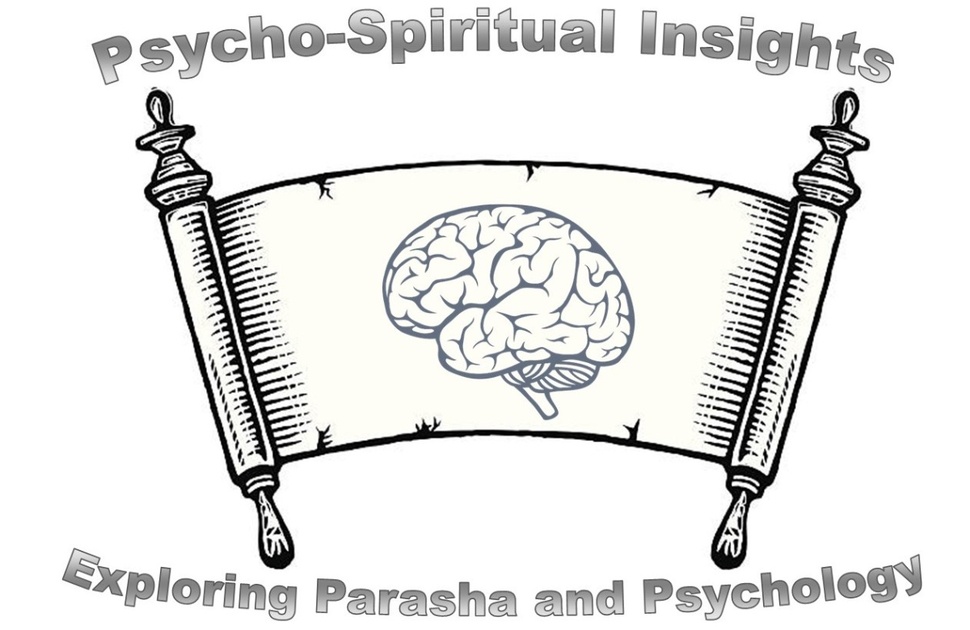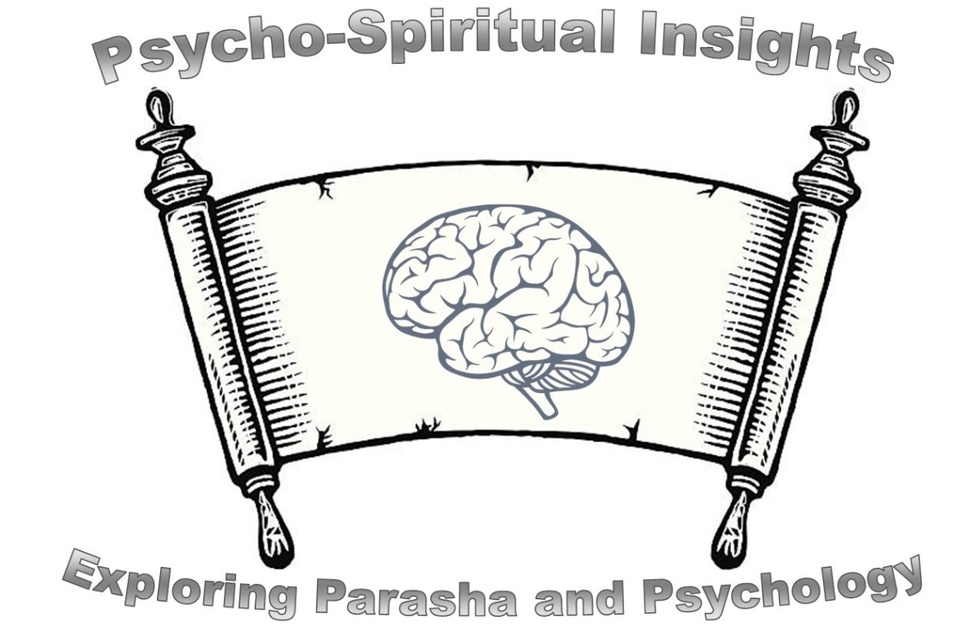
Parshat Noach delves into the story of Noah and the great flood. The central focus of the parsha is the family of Noah, who, together with his wife, three sons, and their wives, survive the deluge aboard the ark. This tight-knit family of eight navigate the challenges of confinement and isolation during their time on the ark, offering us profound insights into familial interactions and their psychological dynamics.
Family dynamics refer to the patterns, interactions, and relationships that exist within a family. These dynamics are shaped by various factors, including the personalities, behaviors, communication styles, roles, and values of each family member, as well as external influences such as cultural, societal, economic, and environmental factors. Understanding family dynamics is crucial for comprehending how family members relate to each other, make decisions, and handle conflicts. Many families establish these norms through time, routine, and habit but some make a dedicated effort to discuss these patterns as a family to best ensure a strong family bond.
Recently, my family experienced a flood of its own, leading to shifting family dynamics. Prior to Yom Kippur, we experienced the Kapparah of 3:30am fire alarms and flooding into our condo, leading us to evacuate our home and relocate to a smaller and more confined space than our norm. This event was a prime opportunity to assess the family dynamics and determine if our current situation required an adjusted family system. While our relocation persists, the quote that continues to support me is, “A healthy home is more than a roof over your head; it's the foundation you created under your feet."
Firstly, the Tevah, ark, can be seen as a metaphor for the family unit, a confined space where individuals must learn to coexist and support one another. This mirrors the dynamics of modern families who often find themselves in close quarters, navigating challenges together. In Psalms 133:1 David HaMelech wrote, “ Mah-tov umah-na'im shevet achim gam-yachad - How good and how pleasant it is that brothers dwell together.” Rashi writes that when families live together in harmony, Hashem joins in and lives with them too. In such situations, communication and understanding are key to maintaining harmony and ensuring the well-being of all family members.
Noah's role as the patriarch of the family carries significant psychological weight. He serves as a source of strength, stability, and guidance, much like a parental figure in any family. Noah's responsibility to lead, protect, and provide for his family underscores the importance of parental influence on the psychological development and well-being of children. A quote attributed to an unknown other speaks to this well: “The wise parent will offer their children roots and wings: roots to know where home is, and wings to fly off and practice what has been taught them.”
However, the parsha also highlights the challenges of family dynamics. Noach's son, Cham, behaves disrespectfully towards his father when he discovers him in a compromised state. This incident teaches us that even within frum families, conflicts and strained relationships can arise. It serves as a reminder that no family is immune to tension and discord, and addressing such issues constructively is essential for the well-being of Bayit Neman.
Here are three concise tips for fostering healthy family dynamics:
Open Communication and Active Listening:
Encourage open and honest communication within the family. Create a safe space where everyone feels comfortable expressing their thoughts and feelings. Practice active listening, giving each family member undivided attention and validating their perspectives. Always remember, listening does not mean waiting to speak.
Respect and Empathy:
Cultivate an environment of respect and empathy. Treat each family member with kindness, consideration, and understanding. Recognize and accept individual differences and perspectives. Empathize with one another's feelings and experiences, fostering a sense of mutual support. As indicted in Pirkei Avot (Ethics of the Father 2:4) “ Do not judge your fellow man until you have reached his place.”
Balanced Roles and Responsibilities:
Establish clear and fair roles and responsibilities within the family. Ensure that everyone contributes according to their abilities and capacities, promoting a sense of equity and teamwork. Balance tasks and chores to avoid undue stress and resentment, allowing each family member to thrive in their unique roles.
The most important work you will ever do will be within the walls of your own home. By focusing on open communication, respect, empathy, and a fair distribution of roles and responsibilities, families can cultivate a positive and nurturing environment conducive to healthy relationships and overall well-being.
Ultimately, Parshat Noach invites us to consider the profound impact of family on our lives and the opportunities for growth and redemption that arise within these intricate relationships. By recognizing the significance of family dynamics, we can embark on a path of personal and collective transformation, much like Noah and his family did in the face of an unprecedented challenge. A harmonious family is built on understanding, trust, and the willingness to adapt. Balancing roles and responsibilities with love and care makes all the difference. May we heed the lessons from Noah and his family to create a healthy, stable, and future, free of floods, for all our families and Bnei Yisrael around the world.
Elan Javanfard, M.A., L.M.F.T. is a Consulting Psychotherapist focused on behavioral health redesign, a Professor of Psychology at Pepperdine University, & a lecturer related to Mindfulness, Evidence Based Practices, and Suicide Prevention. Elan is the author of Psycho-Spiritual Insights: Exploring Parasha & Psychology, weekly blog. He lives in Los Angeles Pico Robertson community with his wife and three children and can be reached at Elan.Javanfard@gmail.com.
 Previous
Previous

